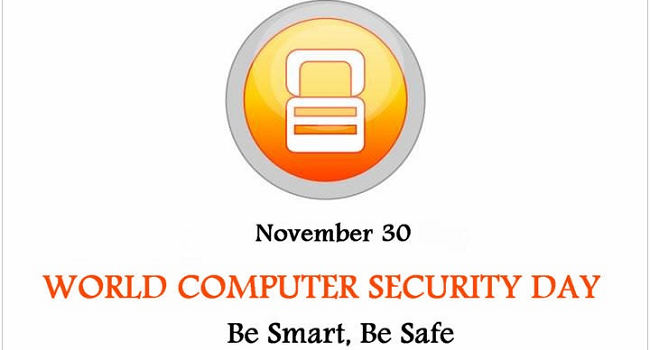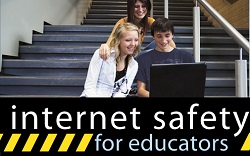
E-Safety has been a passion of Alan Mackenzie’s for a long time. He loves technology and the huge benefits that can be realised through global connectivity and collaboration, and is a strong believer that e-safety is an enabler, not a showstopper.
Alan became a CEOP ambassador in 2006, “which was a great starting point, but there is far more to e-safety; the world is changing and technology is diversifying at an extraordinary rate”. He works with hundreds of schools and other organisations including the Police, voluntary and charity sectors, and also with commercial entities, allowing him to keep at the frontline of this ever-evolving area.
With 30th November marking Computer Security Day, it’s important for schools to know how to fully secure themselves against cyber-threats. Alan Mackenzie, a veteran e-safety consultant, talks us through the top 10 points school staff need to consider when it comes to staying e-safe.

Security has been a hot topic this last couple of weeks, with the most reported story being that of the website hosting live webcam streams of hundreds of devices whose account details had been hacked. The word ‘hacked’ is misleading in this respect, as it suggests a certain amount of effort by the perpetrators, however one could assume that many (all?) of those devices had been left at their default settings, including username and password.
How can a school safely and simply go about creating a solid e-safety policy? Expert Alan Mackenzie, the man behind Esafety Adviser, explains how to have a policy that is strong, clear and not overly-complicated.

Nobody enjoys writing, reviewing or reading policies, but it is a necessary evil. The e-Safety Policy is important in school for a number of reasons, including:
Given Charles Sweeney’s excellent piece about anonymous proxies in schools last week, we decided to revisit a pertinent article written by Alan Mackenzie, Managing Director at SafeICT Consultancy Ltd, from last year.
As published in the March 2013 edition of our magazine.

Debates about internet filtering in schools may never go away - at least not so long as pupils and teachers are prevented from accessing online curriculum resources, and draconian policies are pursued by local authorities or other education bodies. I have visited schools that block as many websites as they realistically can, so afraid are they of the risks to pupils. Ofsted itself frowns on this practice (although I have yet to visit a school that has been asked a question about how they manage internet filtering).
There are three very good reasons why we limit internet access in schools: to safeguard children, to protect the school against liability, and to ensure that pupils use the internet for the right purposes. For the first two of these, a filter - a piece of software that blocks pupils’ access to certain internet content - works reasonably well. Modern filters are relatively good at reducing access to illegal and inappropriate material, and are becoming more difficult to bypass.

There can be little doubt that e-safety is an important part of the well-being and safeguarding of children, young people and vulnerable adults. There is also no doubt that there is a significant amount of scaremongering that does little to give schools confidence to move forward and innovate strategically with ICT across the curriculum.
E-safety is a journey; it is a sum of many parts which, combined, will allow schools to gain confidence and really drive forward. Generally speaking, these parts are:

A community-driven platform for showcasing the latest innovations and voices in schools
Pioneer House
North Road
Ellesmere Port
CH65 1AD
United Kingdom